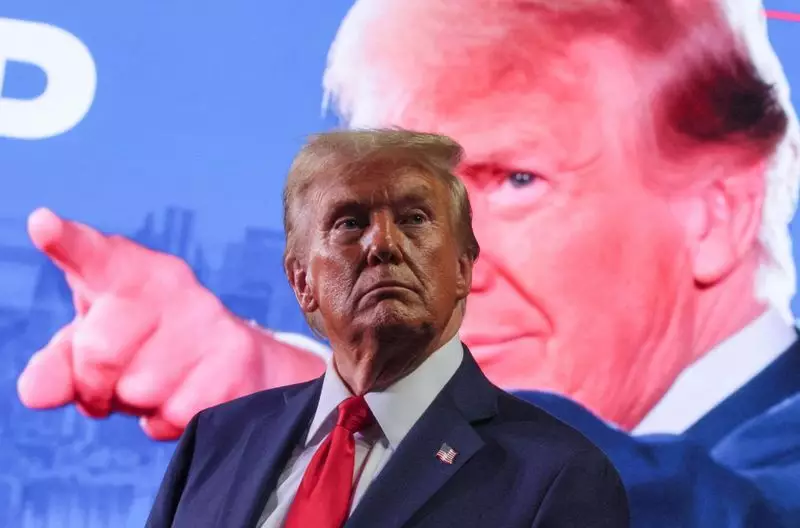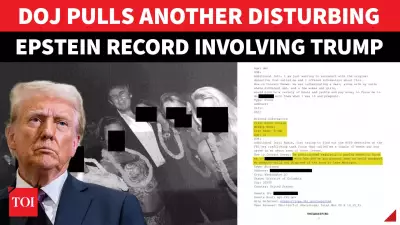
The British Broadcasting Corporation (BBC) has issued a formal apology to former US President Donald Trump regarding a misleading video edit that circulated online, while simultaneously rejecting any basis for defamation claims against the media giant.
The Controversial Video Edit
At the heart of the controversy lies a video edit that portrayed Donald Trump in a potentially misleading manner. The BBC acknowledged that their editing choices could have created a false impression about the former president's actions or statements. This admission comes after significant backlash from Trump supporters and media watchdogs who accused the broadcaster of biased reporting.
The specific edit in question involved footage from one of Trump's public appearances where the sequencing and context were altered in a way that potentially misrepresented the actual events. While the BBC maintains the edit wasn't intentionally malicious, they conceded it could be interpreted as misleading by viewers.
BBC's Dual Response: Apology and Defense
In a carefully worded statement, the BBC expressed regret for the editing decision while standing firm against allegations of defamation. The broadcaster apologized for the misleading edit but emphasized that there was no factual basis for Trump's legal team to pursue defamation claims against the organization.
This dual approach reflects the BBC's attempt to balance accountability for their editorial mistake with protection of their journalistic integrity. The network acknowledged the edit fell short of their editorial standards while maintaining that the error didn't rise to the level of defamation under legal definitions.
The situation highlights the increasing scrutiny media organizations face in the digital age, where video edits can quickly go viral and shape public perception before facts can be properly verified. For a globally recognized broadcaster like the BBC, such incidents carry significant weight in maintaining public trust.
Broader Implications for Media Credibility
This incident occurs amidst growing concerns about media reliability and the spread of misinformation. The BBC's response sets an important precedent for how major news organizations handle internal errors while facing pressure from public figures.
Trump's legal team had threatened defamation action, arguing the edit damaged the former president's reputation. However, the BBC's legal representatives maintained that the edit, while regrettable, didn't meet the legal threshold for defamation as it didn't contain knowingly false information presented as fact.
The resolution of this controversy comes at a sensitive time for both the BBC and Trump, who has frequently criticized mainstream media outlets throughout his political career. This incident likely reinforces his arguments about media bias while simultaneously demonstrating that major networks can acknowledge their mistakes.
Media analysts suggest this case underscores the importance of transparent editing practices and the need for news organizations to quickly address errors when they occur. The BBC's willingness to apologize while defending against legal overreach represents a nuanced approach to handling such sensitive situations.





